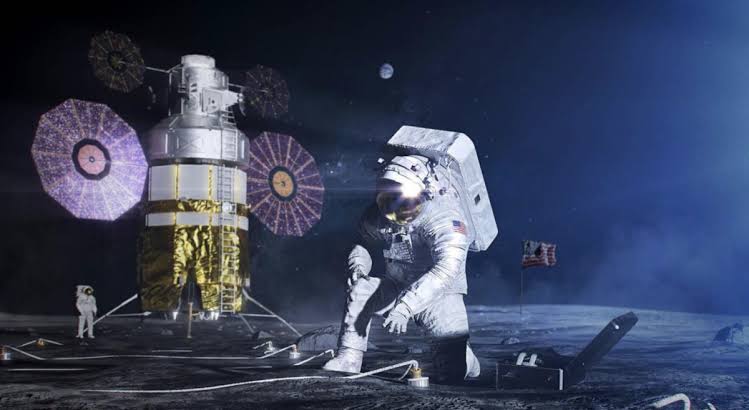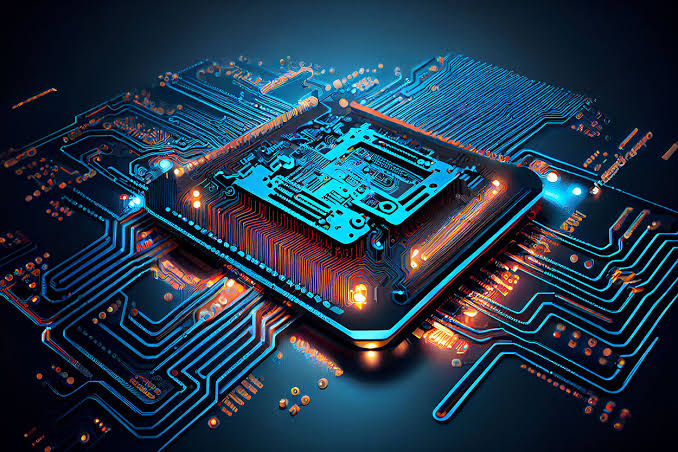The future of space technology and exploration is entering an unprecedented era of innovation, fueled by advancements in artificial intelligence, reusable rockets, and international collaboration. Space exploration is no longer limited to government agencies like NASA or ESA; private companies such as SpaceX, Blue Origin, and Rocket Lab are driving groundbreaking initiatives to make space travel more accessible and affordable. In 2025, the global space industry is rapidly expanding, with plans to establish lunar bases, explore Mars, and advance satellite technology for global connectivity.
The next decade is expected to witness revolutionary milestones, including the first human missions to Mars, expanded commercial space travel, and the development of advanced propulsion systems. With the combination of private and public investments, space exploration is set to play a significant role in shaping the future of humanity, unlocking opportunities in communication, research, and planetary defense.
Advances in Spacecraft and Propulsion
One of the key drivers of future space exploration is the development of advanced spacecraft and propulsion systems. Reusable rockets, pioneered by companies like SpaceX, have already reduced the cost of space launches significantly. Future propulsion technologies, such as nuclear thermal and electric propulsion, aim to shorten travel times to distant planets and make deep space exploration more practical.
In addition, the creation of modular spacecraft capable of docking and assembling in space will allow for long-term missions beyond Earth’s orbit. These innovations are expected to enable missions to Mars and beyond, while also opening possibilities for asteroid mining and resource extraction.
Lunar Exploration and Bases
The Moon is emerging as a critical stepping stone for deeper space exploration. NASA’s Artemis program, alongside international partners, aims to establish a sustainable human presence on the lunar surface by the late 2020s. The construction of lunar bases will provide valuable insights into living and working in harsh extraterrestrial environments.
Lunar exploration is also driven by the potential for resource utilization, such as mining water ice, which can be converted into rocket fuel or used to support life. The Moon is likely to become a hub for future missions to Mars and beyond, serving as a testing ground for advanced technologies.
Mars Missions and Colonization Plans
Mars remains the ultimate target for human exploration. SpaceX, through its Starship program, has ambitious plans to transport humans to Mars and eventually build self-sustaining colonies. The challenges of such missions include radiation exposure, long-duration space travel, and developing technologies for life support and food production.
Robotic missions, such as those by NASA’s Perseverance rover and future Mars Sample Return missions, are providing vital information about the planet’s surface, atmosphere, and potential for past life. These missions are laying the groundwork for future crewed exploration and possible colonization.
Commercial Space Travel and Tourism
The rise of private space companies has given birth to the commercial space tourism industry. Companies like Blue Origin and Virgin Galactic are already offering suborbital flights, and future plans include orbital hotels and longer-duration stays in low Earth orbit.
As costs continue to decrease due to technological advancements, space tourism is expected to expand, giving more people the opportunity to experience space firsthand. This commercialization of space will not only generate revenue but also inspire new generations of explorers and innovators.
Satellite Technology and Connectivity
Satellites are at the heart of modern communication, navigation, and Earth observation. The future of satellite technology lies in creating mega-constellations, such as Starlink, to provide global internet access. These networks are poised to bridge the digital divide, particularly in remote and underserved areas.
Advances in miniaturization and cost-effective launch systems are making satellites more accessible for scientific research, environmental monitoring, and disaster management. Satellites will also play a crucial role in supporting future space missions by enabling real-time communication and navigation.
The Role of Artificial Intelligence in Space Exploration
Artificial intelligence is transforming space technology by enabling autonomous operations in harsh and distant environments. AI-powered robots and rovers are capable of making real-time decisions, conducting scientific experiments, and navigating complex terrains without direct human intervention.
AI will also be essential in managing large amounts of data from deep space missions, optimizing spacecraft performance, and enhancing the safety of astronauts. In the future, AI-driven systems could play a key role in building habitats, mining resources, and maintaining life-support systems on other planets.
International Collaboration and Regulation
The future of space exploration will depend heavily on global cooperation. Space is increasingly seen as a shared domain that requires coordinated efforts to avoid conflicts and ensure sustainable development. Treaties and agreements, such as the Artemis Accords, are paving the way for international partnerships in lunar and planetary exploration.
Regulation will also be crucial in addressing challenges such as space debris, satellite traffic management, and the ethical use of extraterrestrial resources. Collaboration between nations and private companies will be necessary to create a fair and safe framework for space activities.
Challenges and Risks Ahead
While the future of space exploration is promising, it is not without challenges. Space missions are expensive, and technical failures can have significant consequences. Other concerns include the threat of space debris, radiation exposure, and the environmental impact of frequent rocket launches.
Addressing these challenges will require continued research, innovation, and investment in sustainable space technologies. The focus will also be on developing safety measures and protocols to protect both astronauts and the space environment.
Conclusion
The future of space technology and exploration is marked by bold ambitions and transformative advancements. From reusable rockets and lunar bases to AI-powered missions and commercial tourism, space is becoming more accessible than ever before.
As humanity pushes further into the cosmos, collaboration, innovation, and sustainability will be the guiding principles. In the coming decades, space exploration will not only redefine our understanding of the universe but also pave the way for new opportunities in science, commerce, and human survival beyond Earth.




Cool